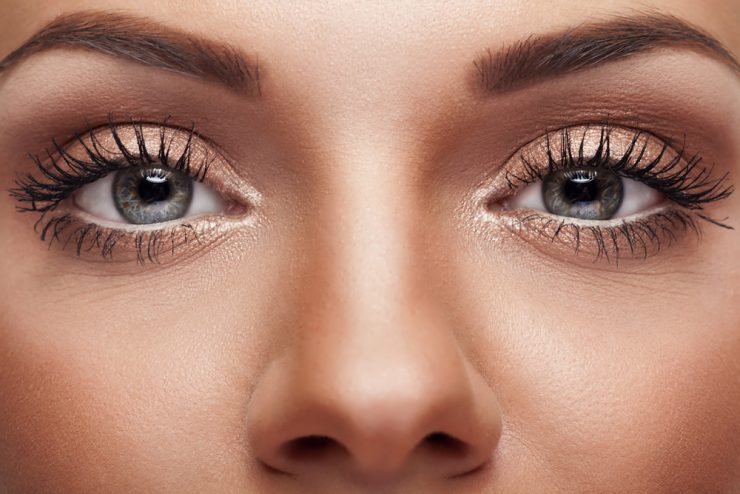Dry Eyes can be a very irritating condition.
Medical herbalist Gabriella Clarke looks at treatments and protective tactics.
Dry eyes is a common problem which usually strikes in middle age, with women being especially vulnerable. Symptoms tend to present as dry, sore and gritty eyes that run constantly and although it is not considered a serious condition, it can cause a considerable amount of discomfort.
Causes are varied and are usually due to hormonal changes at this time of life. Irritation from contact lens use and side effects from medications are other factors. Eye drops are often recommended to help treat the symptoms but there are also several natural supplements that can help.
OMEGA 7
Sea Buckthorn Oil is the best source of this essential fatty acid, which, thanks to its lubricating properties, helps to maintain the integrity of the mucous membranes of the eyes. It is also rich in antioxidants and vitamin E, which have been shown to have a protective effect on the eyes. Anecdotal evidence has revealed that taking a supplement of omega 7 can greatly reduce the symptoms of dry eyes in a matter of days.
HYALURONIC ACID
Found naturally in the body, concentrations of hyaluronic acid are highest in the eyes and joints where they have a lubricating effect. As we get older we tend to produce less of this substance, which can lead to dry eyes and joint problems. Taking a supplement can help to combat the effects of dry eye syndrome as well as arthritis. Hyaluronic acid is available in tablet form and as an ingredient in eye drops.
OMEGA 3’S
Including plenty of omega-3 fatty acids in your diet can help to prevent dry eyes among a myriad of other complaints. The best source is oily fish, but good quality supplements are also widely available.
For more advice on general eye health, visit the Vision Matters website. National Eye Health Week runs in September each year.























